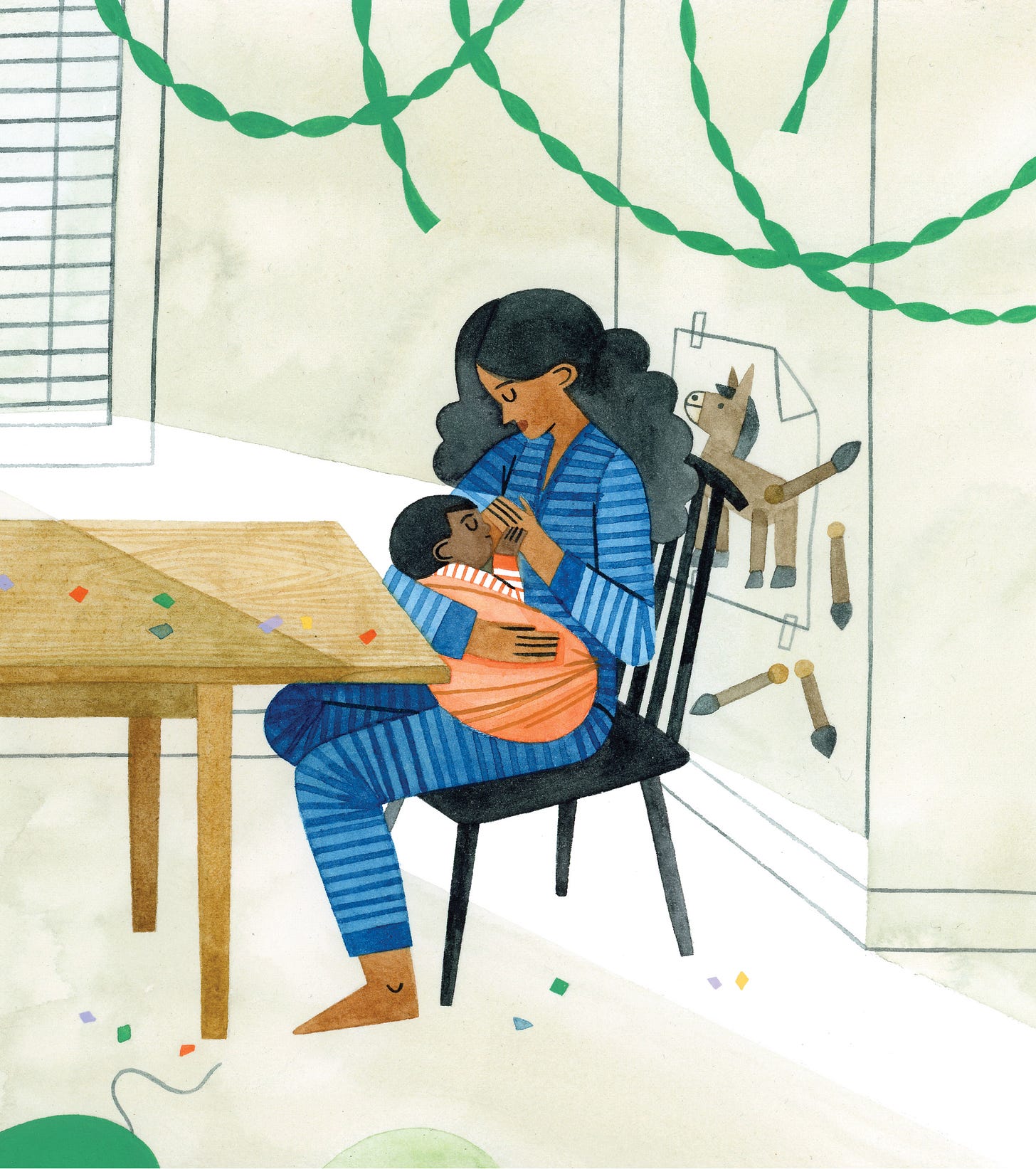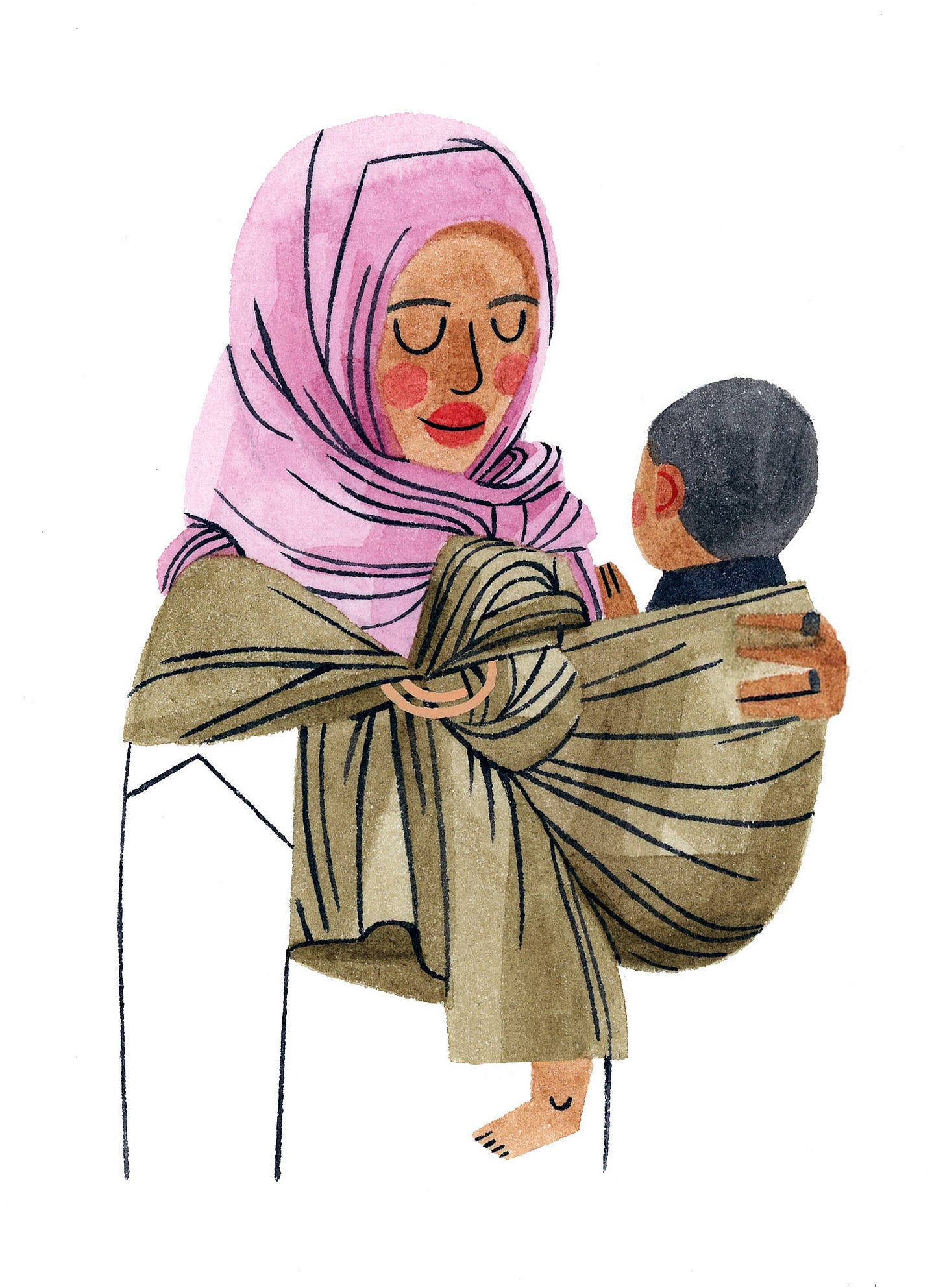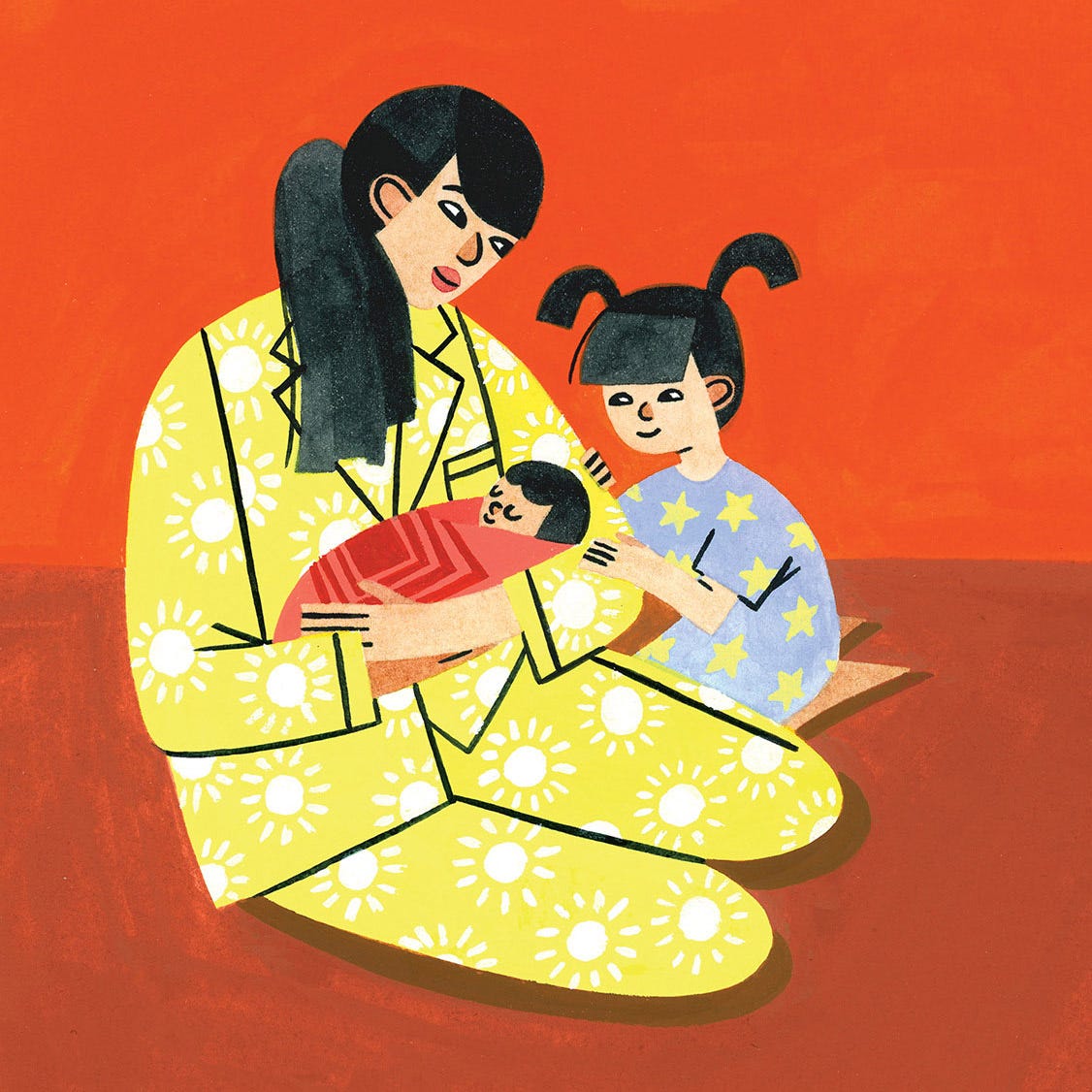Why did Jesus come as a baby?
This Advent season we, with all the Christian world, joyfully anticipate the birth of Jesus Christ. According to scripture, Jesus had to experience a complete mortal life if his divine grace was to have the power to transform all human experience. One inescapable fact of mortality is that we were once all babies. That’s reason enough for Baby Jesus, and that’s reason enough to worship him. That God would and did subject himself to the vulnerabilities of his own flesh and others’ was a tremendous act of faith as well as love. Thus we are saved.
In its simplest form, that is the good news of the gospel. During Advent, we place ourselves with the shepherds, hoping to hear in our own day the proclamation made for the first time that magnificent night, your Savior is born. Glory to God, peace on earth, good will toward all. For each of the four Sundays preceding Christmas, we might choose to light a candle and reflect with friends and family on the divine gifts of a Savior: hope, peace, love, and joy.
For me, the sacred season of Advent depends on my imagination. Can I set aside the cares and demands of a busy life to wait in hope with Mary, to feel the peace of that silent night? Can I, like Joseph, open my heart to the desires and needs of others and be filled with love? Can I be like Simeon, allowing even the memory of my life to be transformed by a singular experience of transcendent joy? Each week of Advent invites me to try again.
Children are good at imagining things, and maybe that is why they seem made for Christmas. But what do we, tired and poor grownups, imagine at Christmas? One image that has captured the attention of the Christian heart is Baby Jesus. I bet if you close your eyes, you can see the ample round curves of a baroque Baby Jesus, or the strange solemnity of a medieval Baby Jesus. Why do we revel in his babyness? Why so many cherubic Holy Infants?
Here’s my answer: babies make us feel good. Those big eyes, the perfect toes, the incredibly sweet vulnerability of smooth baby cheeks—our deepest instincts, both biological and spiritual, turn us toward them for the sheer pleasure of it. If we are lucky enough to spend time with babies, we have the possibility to feel both the brimming contentment and overflowing promise of pure love.
Not only do babies make us feel good, they make us feel that we are good. I can’t prove it for sure, but I believe that the presence of a baby has the power to transform us into our best selves. We are lifted into a different state of being. We lose all self-consciousness, for who could fear accusation from a baby? Without this self-consciousness, we don’t hesitate to act on our intuition for kindness, truthfulness, and bravery. What might we call that state? We might call it our loving state.
While I lived in San Francisco as a new mother, I used to walk down to the public library at the Civic Center at least once a week. I walked along sidewalks where friends had been mugged, where one night I heard screams distressing enough that I called the police. Yet, I never feared on those walks because I had my baby with me. She bridged the economic, cultural, and racial divides I crossed in that short walk between my apartment and the public library. I enjoyed the brief embrace of lives distinct from my own through the loving responses to my beautiful child. Was I foolish to bring my baby in such places? Perhaps, but I also felt a great strength in my own resolve to protect this baby no matter what.
As beautiful as it is to experience that loving state when in the presence of a baby, we all know it takes effort. Responding to the needs of a baby tries our mettle. What is called forth from us in the presence of a baby at three in the morning, when he won’t sleep, and we are almost sure he is developing an ear infection? If we so choose, we can respond with attention, patience, and faith, with a willingness to endure discomfort and discouragement. As a mother, I can attest that those virtues may be in short supply at times, but they grow with use. As we respond to Jesus of the Manger, we may become like Jesus of Nazareth.
Loving a baby means loving change. It means delighting in the unexpected, it means wondering in awe, again and again, as a baby’s conscious intelligence unfurls to the world. A baby is Other and also Not Other. Years after my firstborn came to the world, I found myself again with a newborn baby girl, this time in a cozy rental home in San Antonio, Texas. One night, she and I lay on the bed together, lazily nursing while we dozed. I felt my consciousness shift, in the way it does for me occasionally in the time immediately before, during, and after delivering a child. With my eyes closed, I felt the space around me grow. I had a vision in my mind that in my arms I cradled the universe, replete with stars and galaxies and wonders yet unknown. I felt a sensation of boundlessness move through my body, yet I remained anchored by my swaddled bundle of baby. What does a baby contain? All that could be. The delight of loving a child is that discovery of the particular world she makes within herself. She asks me to love her in all her forms as she changes from potentiality to reality.
We might be inclined to think that this is where love fails in a fallen world. After all, to love a baby also means inevitable disappointment, both in ourselves and in the child we love, as our idolatrous expectations of each other are demolished. But I believe that, far from failing and fallen, love rises in a living world as we learn to love this particular child, in this particular place, with our particular hearts. There are two lessons I hope to learn from this. The first is that God loves me the way I want to love my child, with a constant affection that takes many forms. The second is that the way I want to love my child is the way I want to love God, faithfully accepting the emergent and surprising changes that define life.
These experiences of being transformed by a baby, both in how we exercise our will and how we encounter the world, have been profoundly reorienting for me. This new orientation feels like worship. Through the experiences of caring for my babies, I have been pressed most forcefully to identify and cast away my false idols—those pursuits I thought would save me but, in the end, are better suited as offerings to place upon the altar. What does a baby care for the beauty, wealth, or education of his mother? Perhaps a great deal if served to the purpose of loving a child, but they can never be a substitute for that love. Thou shalt have no other gods before me, whispers Baby Jesus as he asks for our care and attention again and again. When we come to worship Baby Jesus, like the magi, we offer our best gift: the loving desire to make the world fit for his presence.
This is what we hope to do through the Advent season. We invite you, our Wayfare readers, to imagine a life where Jesus can be, and then to open our eyes and live that life with hope, peace, love, and joy.
SUBSCRIBE TO HOLY DAYS
To participate in the Wayfare Advent series, first be sure you are subscribed, then click here and select “Holy Days” to receive weekly essays, music, art, and more during the Advent season.
Rachel Jardine is Deputy Editor at Wayfare. She loves mothering, road-tripping, and dancing with chaos.
Brooke Smart is a Utah based artist who lives a “busy, busy dream” with her family and books. She has illustrated children’s books, magazines, and murals for clients like The New York Times, Random House, and RISE x Penguin Workshop. Check out her work here.
Check out the first installment of our 2024 Advent series here:
A Thrill of Hope
This summer, I kept noticing dead birds of prey on the side of the highway. I live in a semi-rural area, but many of what once were cornfields are now being bulldozed into quick-build subdivisions. I still see owls swooping across the road if I drive home in the dark, and on the way to school, my children love to point out a red-tailed hawk diving into the pumpkin patch across the street to strike, emerging from the brush moments later with a vole in its talons.
Find all our 2023 offerings for Advent here:
Advent
Each year, for the four weeks leading up to Christmas, Wayfare editors curate content around four traditional Advent themes: hope, peace, joy, and love. You can find links to these offerings below, along with our thoughts on the meaning of the Advent season, and meditations for Christmas Eve by Tyler Johnson.
Celebrate Advent with Constant Wonder
Wayfare invites you to join Constant Wonder for their annual audio advent calendar, with a short episode every day from December 1 through Christmas. Each episode invites thoughtful reflection on the season, inspired by nature’s miraculous phenomena (from a turtle hibernating through the cold of winter to an ermine that teaches a writer forgiveness) as well as music and art traditionally connected with the biblical story of the Nativity.









A beautiful introduction to Advent!! 'Tis the season
Uplifting, thought-provoking sentiments, beautifully expressed. Thank you!